Over the past couple of days, more than 200 allegations have been raised against high-profile influencers in esports and on Twitch. As an act of solidarity with those who are seeking justice and change on the platform, streamers and content creators participating in the Twitch Blackout movement won’t host their normally-scheduled livestreams today.
Earlier this week, Twitch CEO and co-founder Emmet Shear released a statement addressing the ongoing situation. In the statement, which was sent to Twitch employees and posted on Twitter, Shear acknowledged that many Twitch partners and affiliates have recently been named in sexual misconduct, harassment, and assault allegations.
“We are looking into all the incidents and will be taking action and cooperating with law enforcement,” Shear said. “Actions may include banning, removing partnerships, or removing people from promotional opportunities and activations if we have concerns based on credible accusations and their historical behavior on Twitch.”
The official Twitch Twitter account also released a statement, which concluded with, “we’re thankful for the bravery shown by those who have come forward to speak about their experiences, and we are committed to working to make the streaming community safer for everyone.”
Both statements were received with serious backlash. Many people came forward to point to Twitch’s hypocrisy and continuous refusal to take action against alleged predators on its platform. Many of those who have come forward about their past experiences accused the company of actively ignoring and dismissing accusations of sexual harassment against streamers.
Although most responses to these posts have been critical of Twitch, a disturbing number of messages are targeted at those speaking out against sexual harassment. For example, trans streamer and member of the Twitch Safety Advisory Council, Steph “FerociouslySteph” Loehr, received dozens of hateful and anti-trans comments under her response to Twitch’s statement.
These comments, along with the hundreds of other dismissive and abusive comments under Twitch’s posts, speak to how endemic and accepted the presence of harassment and abuse can be in the esports and streaming communities. The Twitch Blackout movement is intended to draw attention to these issues.
As the deluge of allegations continues to pour in, some companies have taken action against employees who were accused of misconduct.
- The CEO of the OP Group, Omeed Dariani, stepped down on June 21 after Tucker “Jericho” Boner and others came forward accusing Dariani of sexual assault.
- Wizards of the Coast cut ties with artist Noah Bradley on June 22 after he admitted the he “preyed upon women” and “pressured them into sex.”
- Evil Geniuses released Grant “GranDgranT” Harris on June 22 in response to accusations of sexual harassment.
- EG also parted ways with Christopher “NYChrisG” Gonzalez on June 23 after a 2017 Facebook post from the player resurfaced in which he claimed, “Black female gamers suck.”
The Twitch Blackout movement is one more step in a much larger campaign to address the norms of sexual harassment and assault in the gaming community.


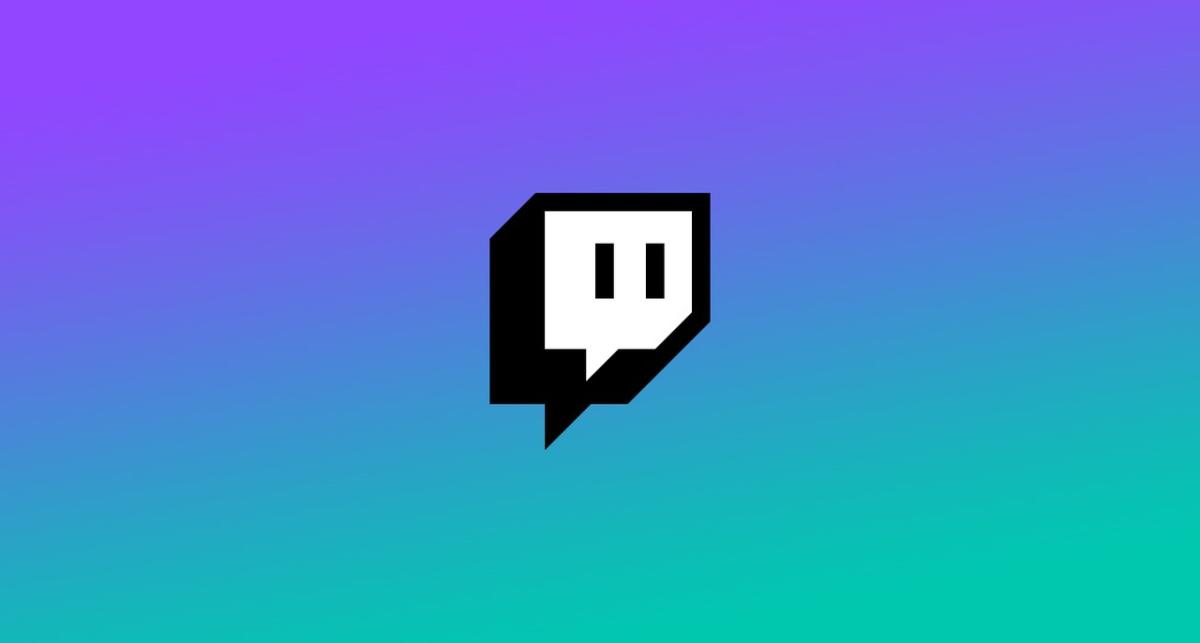

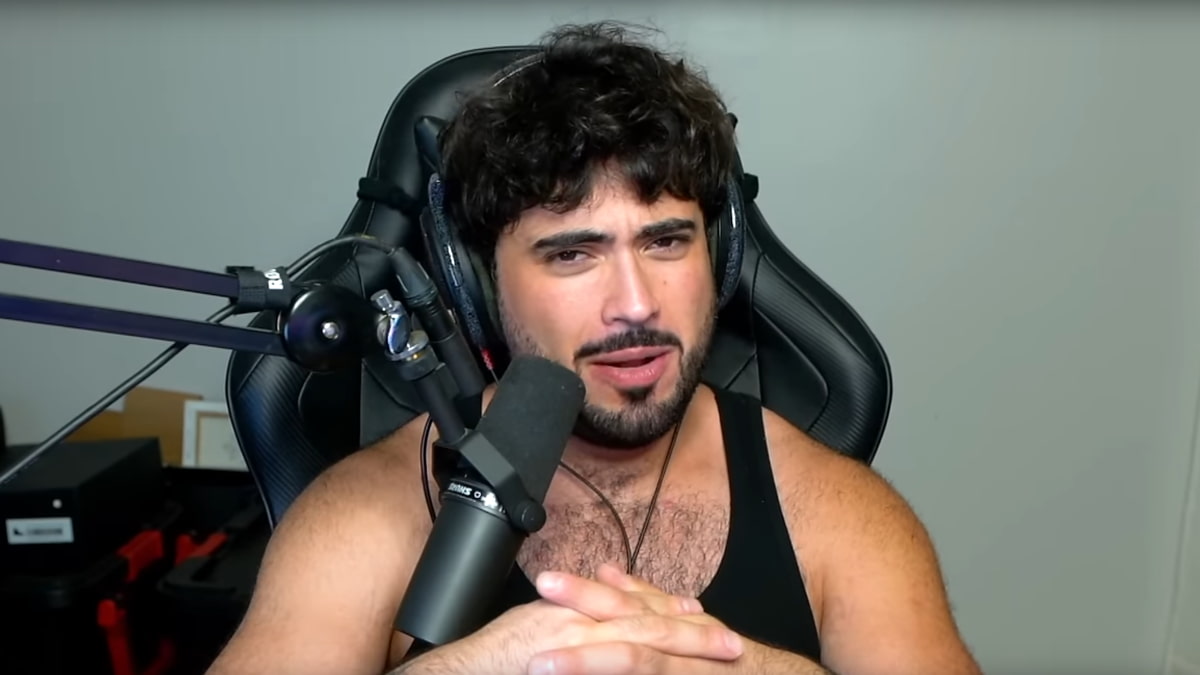
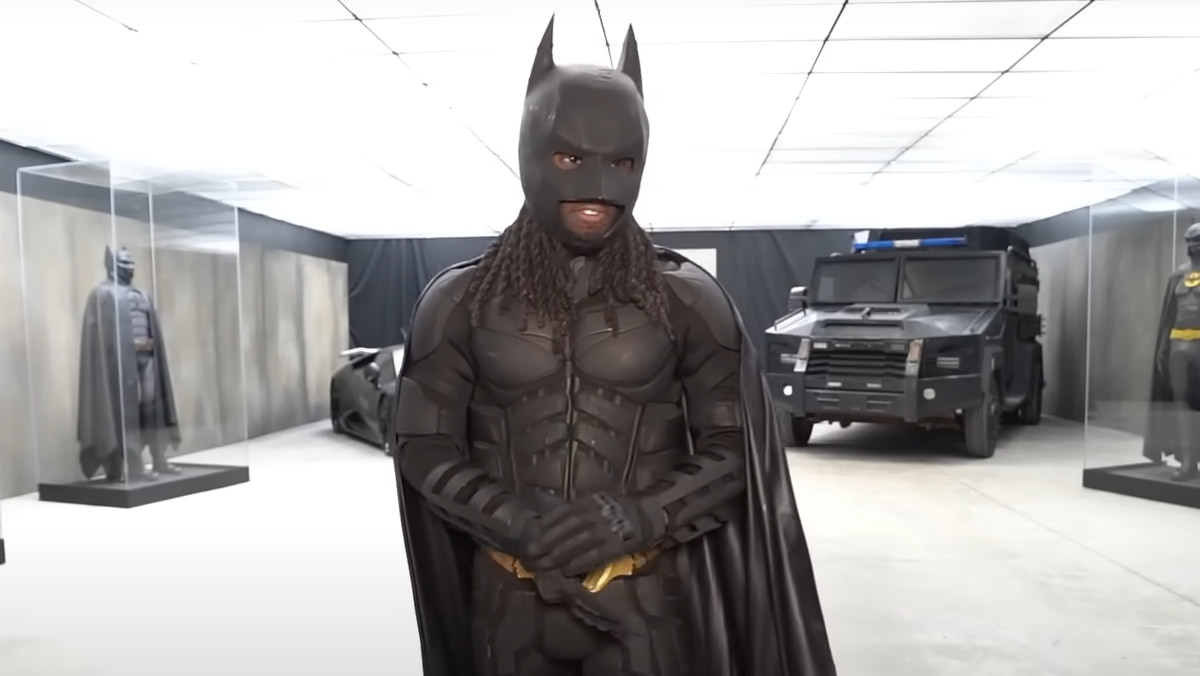
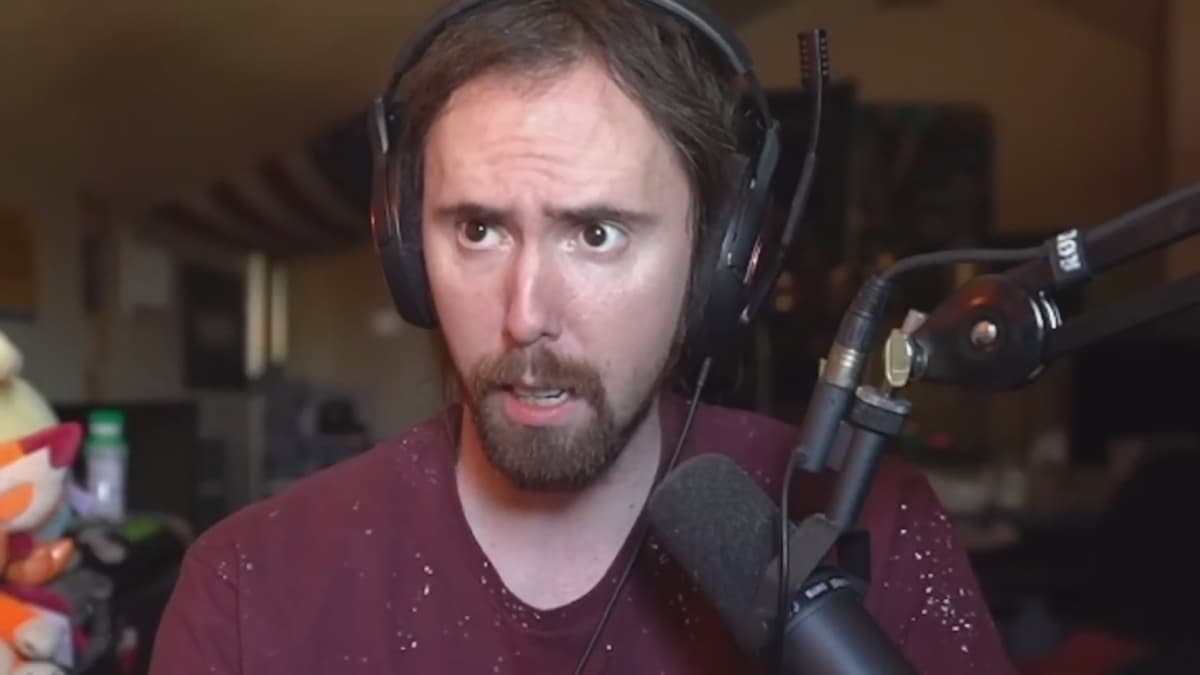


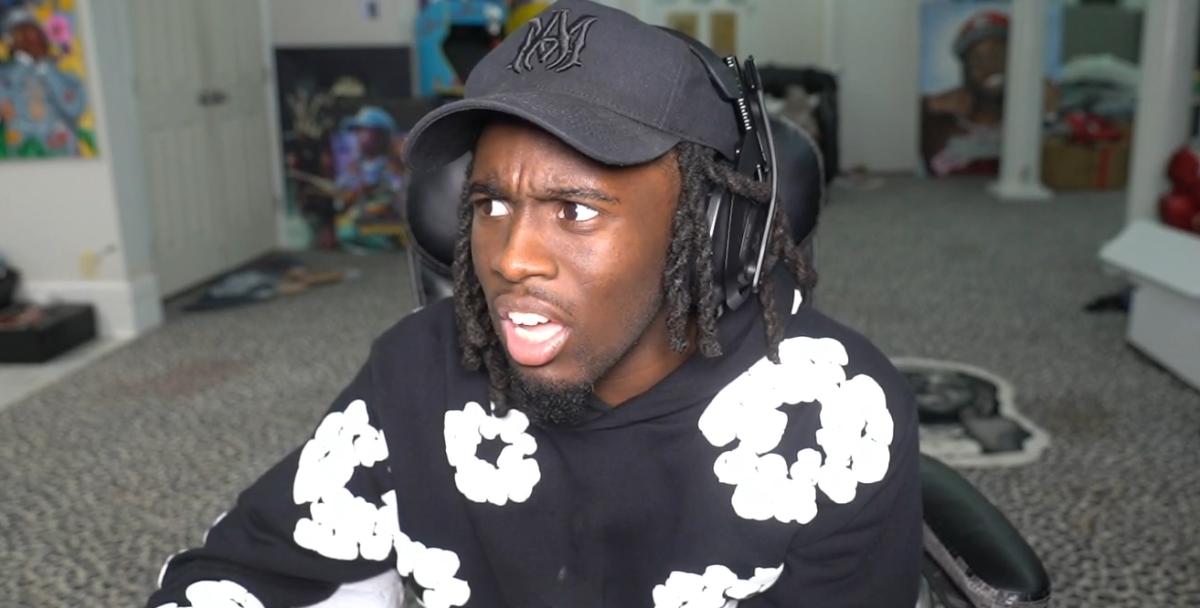
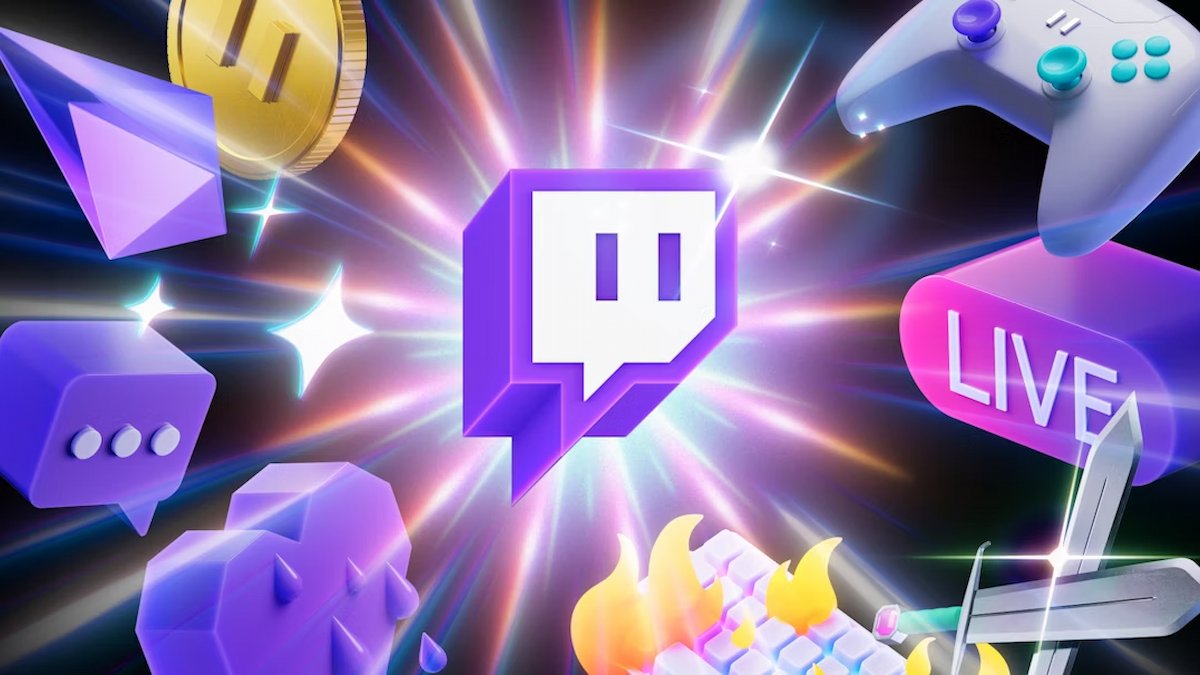
Published: Jun 24, 2020 02:51 pm